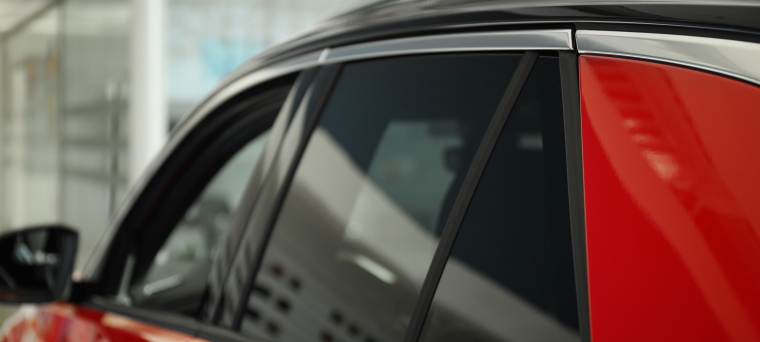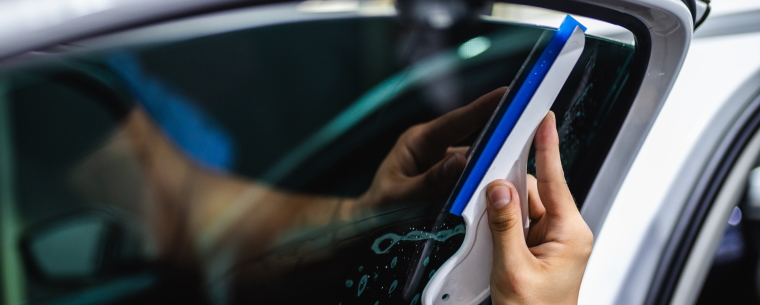Are Tinted Windows Dangerous?
Published on: Thursday, 28 April 2022 | Author: Jack Dreyer
Tinted windows: you either love them or hate them. While they might make your car look sleek and sophisticated and provide an element of privacy lacking in regular car windows, they don’t come without their downfalls.
They’re also a controversial topic amongst drivers and pedestrians alike. Are tinted windows safe or dangerous? Are they roadworthy, or simply an accident waiting to happen? Let’s find out.
Are tinted windows legal?
Laws differ depending on when the vehicle was first used in the UK. For example, according to GOV UK, any vehicle used on or after the 1st of April 1985 must have a front windscreen that allows 75% of light through, and your front passenger windows should allow 70% through.
If your vehicle was first used before the 1st of April 1985, your front windscreen and front passenger windows should all let 70% of light through. Windows to the rear of the driver can have any level of tint desired.

With fewer police on the beat, the crackdown on illegally tinted windows has become less and less of a priority. Don’t be tempted to ignore Government guidance. Unlawfully high levels of tint can pose serious risks to public safety.
One of the most common causes of car accidents and collisions is impaired visibility. High tint levels can reduce your ability to see clearly, especially if you’re driving in low light. This is why you should always ensure your windows are permissible in law and adhere to the 70%/75% limit.
If your front windows are heavily tinted, you may also be putting yourself in danger. If you’re not visible to other drivers on the road, misunderstandings and miscommunications can occur. Eye contact and hand motions can be a key form of communication at roundabouts or junctions - if you’re not visible, you may increase the risk of an accident occurring.
Tinted windows can also present a danger when it comes to crime and other issues on the road. If your tint impairs visibility from the outside, police officers may feel vulnerable and unable to tell how many passengers are in your vehicle. It also makes for difficulty in identification in the event that a camera records a speeding crime or accident.
Can tinted windows be safe?
Just because a car has tinted windows, doesn’t automatically mean it’s dangerous. The degree of risk depends largely on the level of tint.
In some cases, window tint can improve your safety on the road. For example, intense sunlight and reflections can decrease visibility. In this instance, a legal level of tint can reduce glare and allow you to see clearly in tricky conditions.
A low level of window tinting may also be good for your car, too. Some levels of tint can protect your car from high UV exposure, preserving the interior's quality and keeping you cool. It can also provide your skin with an extra level of protection against sun damage.
In the event of an accident, some window film tint can hold shattered glass together and prevent it from injuring your passengers. If you have valuables inside your car, decreased visibility through the back windows can be a good way to deter thieves, too.
The bottom line
Tinted windows aren’t inherently dangerous. When installed legally, they provide undeniable benefits to drivers. That said, they don’t come without their risks.
Always ensure you have optimal visibility before heading out on the roads.
Looking for more tips for staying safe on the road? Read our blog for some simple car safety checks you can do at home. And if you need the help of the experts because of an issue with your vehicle, locate your nearest Tyre Pros centre here.




